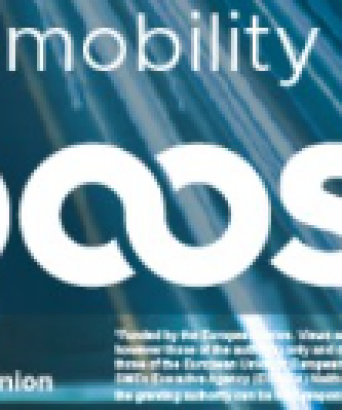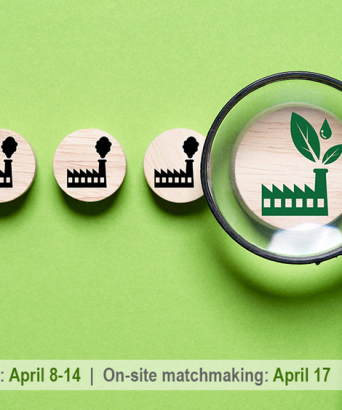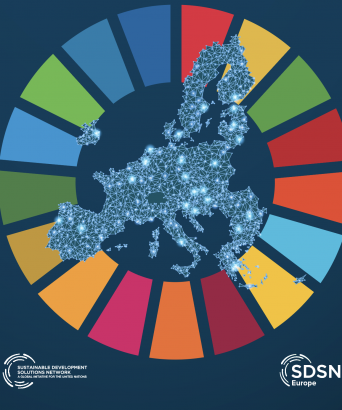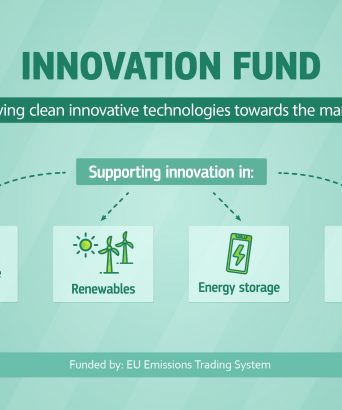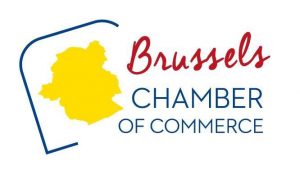EU law requires all large companies and listed companies to report on sustainability by disclosing information on what they see as the risks and opportunities arising from social and environmental issues, and on the impact of their activities on people and the environment.
Why?
This helps investors, civil society organisations, consumers and other stakeholders to evaluate the sustainability performance of companies, as part of the European green deal. The Corporate Sustainability Reporting Directive (CSRD) outlines the obligation for companies to use standards to fulfill their legal sustainability reporting obligations. In line with this Directive, the Commission is adopting common standards which will help companies to communicate and manage their sustainability performance more efficiently and therefore to have better access to sustainable finance. It ensures that companies across the EU report comparable and reliable sustainability information.
What?
Companies will have to report both on their impacts on people and the environment and on how social and environmental issues create financial risks and opportunities for the company. There are 12 ESRS, covering the full range of sustainability issues:
- General Requirements
- General Disclosures
- Climate
- Pollution
- Water and marine resources
- Biodiversity and ecosystems
- Resource use and circular economy
- Own workforce
- Workers in the value chain
- Affected communities
- Consumers and end users
- Business conduct
When?
Companies will have to start reporting under ESRS according to the following timetable:
- Companies previously subject to the Non-Financial Reporting Directive (NFRD) (large listed companies, large banks and large insurance undertakings – all if they have more than 500 employees), as well as large non-EU listed companies with more than 500 employees: financial year 2024, with first sustainability statement published in 2025.
- Other large companies, including other large non-EU listed companies: financial year 2025, with first sustainability statement published in 2026.
- Listed SMEs, including non-EU listed SMEs: financial year 2026, with first sustainability statements published in 2027. However, listed SMEs may decide to opt out of the reporting requirements for a further two years. The last possible date for a listed SME to start reporting is financial year 2028, with first sustainability statement published in 2029.
In addition, non-EU companies that generate over EUR 150 million per year in the EU and that have in the EU either a branch with a turnover exceeding EUR 40 million or a subsidiary that is a large company or a listed SME will have to report on the sustainability impacts at the group level of that non-EU company as from financial year 2028, with first sustainability statement published in 2029. Separate standards will be adopted specifically for this case.
What about SMEs?
No new reporting requirements on SMEs, except listed SMEs.
Listed SMEs are not required to report sustainability information until financial year 2026, with the possibility of an additional two-year opt-out after that. In addition, listed SMEs may report according to separate, proportionate standards that will be less demanding than the full set of ESRS that the Commission has just adopted. EFRAG is currently developing draft versions of the proportionate standards for listed SMEs.
Some non-listed SMEs may nevertheless receive requests for sustainability information from customers, banks, investors or other stakeholders. EFRAG is therefore also developing simpler, voluntary standards for use by non-listed SMEs. These voluntary standards should enable non-listed SMEs to respond to requests for sustainability information in an efficient and proportionate manner, and so facilitate their participation in the transition to a sustainable economy.
Where to find further guidance on ESRS application?
EFRAG will periodically publish additional non-binding technical guidance on the application of ESRS and expects to publish draft guidance on these two issues for public consultation in the near future. EFRAG will shortly host a portal for technical questions that companies, or other stakeholders may have about the application of ESRS. Where appropriate, the Commission will consider providing guidance on questions concerning legal interpretation of the ESRS. EFRAG will continue its joint work with the ISSB on optimising the interoperability of overlapping ESRS and ISSB standards, which is relevant for companies required to use ESRS and that wish to comply in addition with ISSB standards.
As an SME, are you ready to respond to requests for sustainability information in an efficient and proportionate manner? Contact our team of Sustainability advisors and get the support you need to participate in the transition to a sustainable economy! Contact us now!
More info on Corporate Sustainability Reporting is available here


